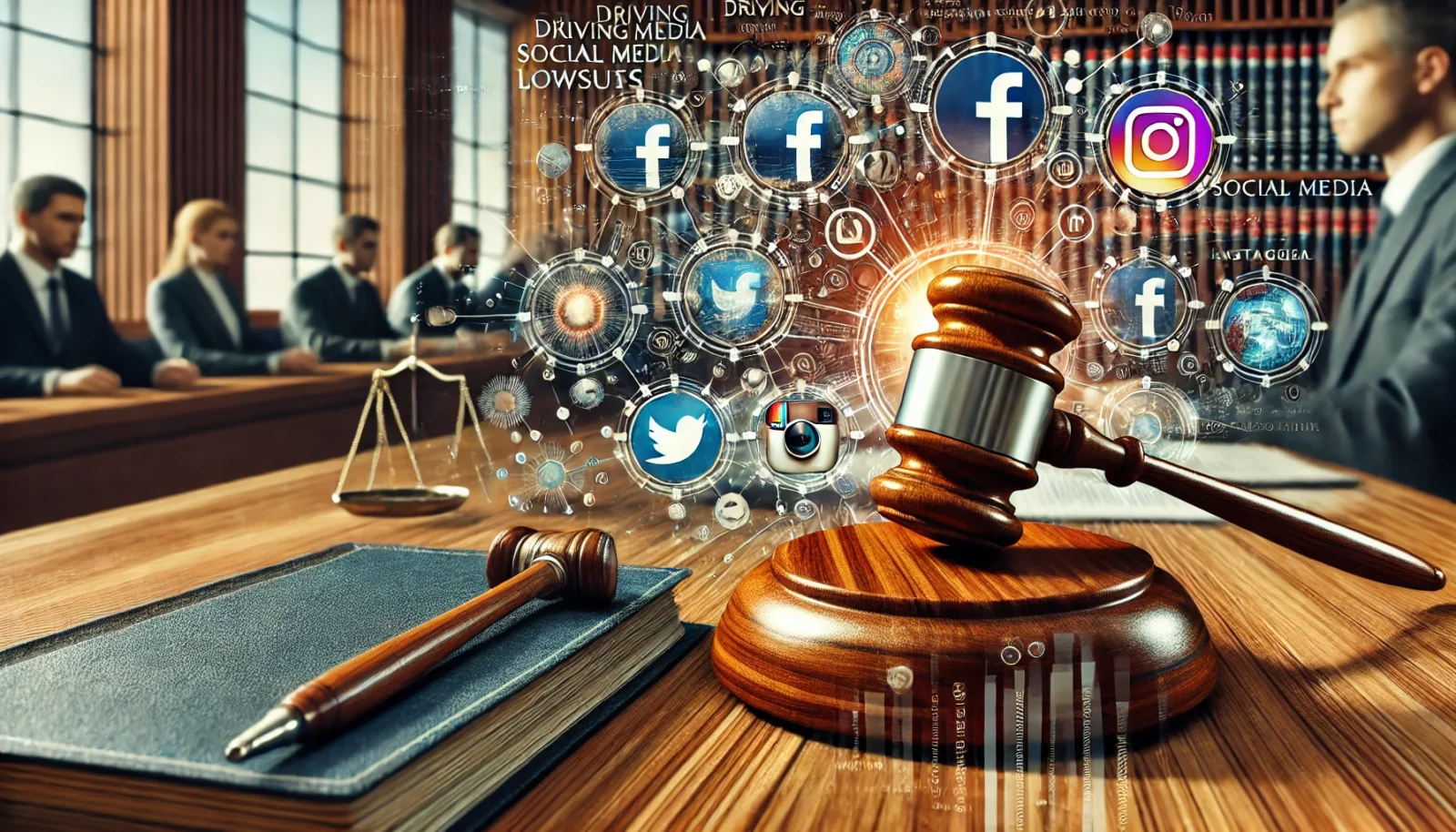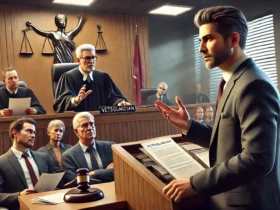Introduction To Social Media Lawsuits
In recent years, the number of social media lawsuits has been growing. These legal disputes often arise from the way people use social media platforms. Understanding social media lawsuits is important in today’s digital world where online interactions are common. Knowing how these lawsuits work can help individuals and businesses avoid legal trouble and handle issues when they come up. Knowing what factors can drive a social media lawsuit is crucial for anyone navigating the digital landscape.
Types Of Social Media Lawsuits
Defamation And Libel Cases
Defamation and libel are common types of social media lawsuits. Defamation involves making false statements that harm someone’s reputation. Libel is a type of defamation that happens in writing or on the internet. For example, if someone posts false accusations about another person on social media, it can drive a social media lawsuit. High-profile cases often make headlines. For instance, celebrities and public figures frequently face libel suits related to their online presence. These cases often result in significant legal and financial outcomes.
Privacy Violations
Privacy violations occur when someone’s personal data or images are used without permission. A common social media lawsuit example is when personal photos are shared online without consent. Such violations can drive social media lawsuits, leading to potential fines and damages. Cases like unauthorized sharing of private images often highlight the importance of privacy protection and can result in serious legal consequences.
Intellectual Property Infringement
Intellectual property infringement involves issues with copyrights and trademarks. For example, using copyrighted material without permission on social media can drive a social media lawsuit. Notable lawsuits often involve famous brands or creators. These cases can influence how social media policies handle intellectual property and emphasize the importance of respecting copyright and trademark laws online.
Employment-Related Disputes
Employment-related disputes involve issues between employers and employees related to social media use. For instance, employees might face legal action for posting inappropriate content related to their workplace. Such disputes can drive social media lawsuits, affecting both parties. Employers need to understand their rights and responsibilities, and employees should be aware of the potential consequences of their online behavior.
Legal Framework For Social Media Disputes
Key Laws And Regulations
There are several important laws related to social media lawsuits. For example, the Digital Millennium Copyright Act (DMCA) helps protect copyrighted material online. The General Data Protection Regulation (GDPR) deals with privacy and personal data. These laws provide a framework for handling disputes and protecting rights on social media, including those that drive social media lawsuits.
Jurisdictional Issues
Jurisdictional issues arise when social media lawsuits involve parties from different countries. Determining which court has the authority to hear the case can be complex. It often depends on where the parties are located and where the alleged offense took place. Understanding jurisdiction is crucial in international legal disputes and can influence the outcome of lawsuits that drive social media litigation.
The Role Of Social Media Platforms In Legal Disputes
Platform Policies And Procedures
Social media platforms have their own policies for handling complaints and legal requests. They often act as intermediaries in social media lawsuits, deciding how to address issues like privacy violations or copyright infringements. Platforms may remove content or block users in response to legal claims, which can drive social media lawsuits if the platforms fail to act appropriately.
Case Studies Of Platform Involvement
There have been cases where social media platforms themselves were sued. For example, platforms might face lawsuits for failing to enforce their own rules or for being involved in disputes. These cases show how platforms can be held accountable and how they handle legal challenges, sometimes driving social media lawsuits due to their involvement.
How To Avoid Social Media Lawsuits
Best Practices For Individuals
To avoid social media lawsuits, individuals should follow best practices for responsible social media use. This includes being careful about sharing personal information and respecting others’ privacy. Avoiding false statements and unauthorized sharing of content can help prevent situations that might drive social media lawsuits.
Best Practices For Businesses
Businesses should create and enforce clear social media policies. These policies should guide employees on acceptable online behavior and protect the company from legal risks. Training employees on social media best practices is essential to avoid scenarios that might drive social media lawsuits and ensure that everyone understands the potential legal implications of their online actions.
Steps To Take If You’re Facing A Social Media Lawsuit
Initial Actions
If you are facing a social media lawsuit, the first step is to consult with legal counsel. Gather all relevant evidence to support your case. This includes screenshots, messages, and any other documentation related to the dispute. Understanding what might have driven the social media lawsuit can help in developing a strong defense.
Legal Strategies
When dealing with a social media lawsuit, potential defenses may include proving that the statements made were true or that there was no intention to harm. Working with your lawyer to develop a solid legal strategy is crucial for a successful outcome and can help address the factors that drove the social media lawsuit.
Managing The Situation
Managing the situation involves handling communication with the public and media carefully. Be clear and strategic in your responses to avoid escalating the issue. Effective management can help mitigate damage and maintain your reputation, especially when addressing the issues that drove the social media lawsuit.
Case Studies And Notable Examples
Examining prominent social media lawsuits provides valuable insights. For instance, high-profile cases involving celebrities or large companies often set precedents for how similar cases are handled. Analyzing these cases helps understand what factors drive social media lawsuits and the lessons learned, offering guidance for future disputes.
Future Trends And Predictions
Evolving Legal Standards
The legal standards for social media lawsuits are likely to evolve. As technology and social media use change, new laws and regulations may emerge. Keeping up with these changes is important for staying compliant and managing legal risks, including those that might drive social media lawsuits.
Emerging Issues
New challenges in social media law may include issues related to emerging technologies like artificial intelligence and virtual reality. These new developments can create unique legal conflicts that may drive social media lawsuits in the future.
Resources and Further Reading
For more in-depth understanding, there are several resources available. Recommended books, articles, and websites provide detailed information on social media lawsuits. Consulting with legal professionals and organizations specializing in social media law can also offer expert advice and guidance on what factors might drive social media lawsuits.
Conclusion
Understanding social media lawsuits is crucial in today’s digital age. By knowing the types of disputes, the legal framework, and how to avoid potential issues, individuals and businesses can better navigate the complexities of social media law. Being informed about what can drive a social media lawsuit helps manage risks and respond effectively if legal problems arise.
To read more, visit our blog page. We do have more topics!












Got a Questions?
Find us on Socials or Contact us and we’ll get back to you as soon as possible.